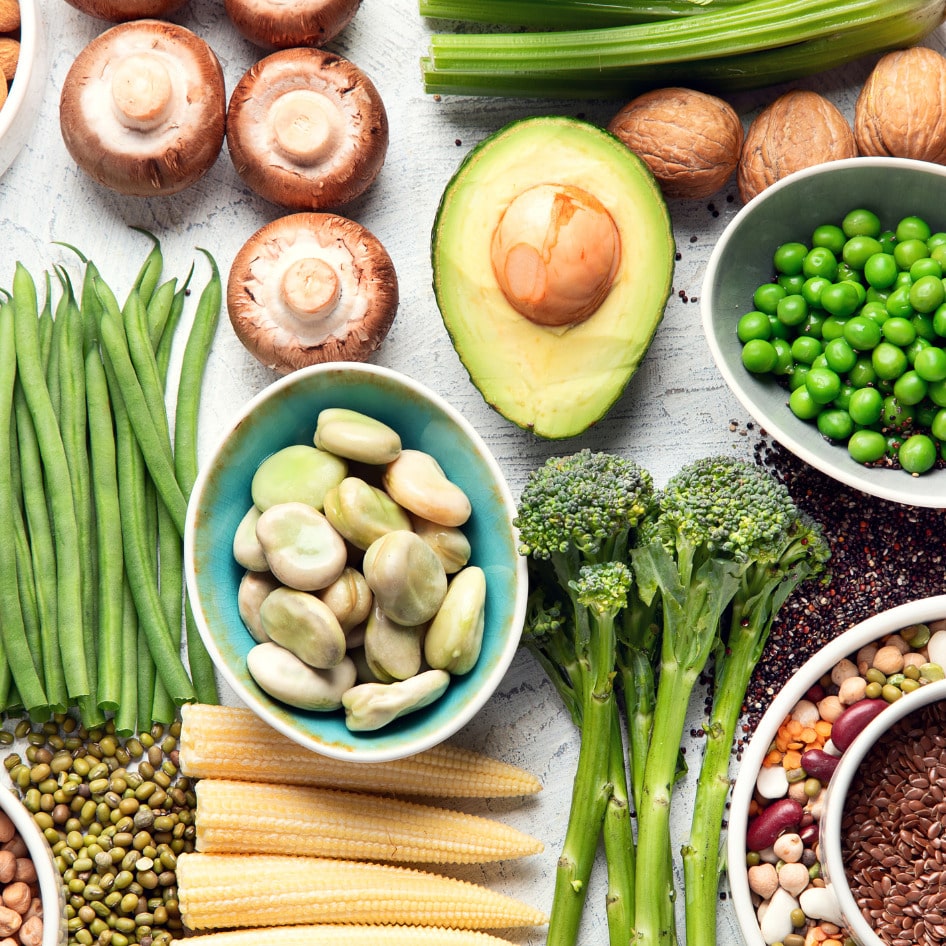The Environmental Impacts of Going Vegetarian for Just One Day
Meat production uses as much water in 24 hours as all of New England does in four months.
July 19, 2017
You can’t help but feel the tipping point. Steakhouses have vegan options, airport menus feature kale salad, grocers are dedicating more shelf space to plant-based items, and vegan food trucks are expanding (including the one for my restaurant, GreenSpace Café in Ferndale, Michigan). As a medical doctor, I have seen near-miraculous improvements in health when patients adopt a vegan diet—whether they jump right in the pool or dip their toes for a while before entering. Health might drive many to adopt plant based diets, but others are equally motivated by helping the planet and animals. So, can one person really help save our precious planet by saying no to animal foods? A look at the data suggests the answer is yes.
Going vegetarian for one day would result in positive effects
Measuring the health and environmental effects of just a single day on a vegan diet might be difficult, but there are some clues thanks to Kathy Freston, who previously published data detailing what the impact would be if every American citizen adopted a vegetarian diet for 24 hours. The data indicated that, as a country eating vegetarian for one day, we would save 100 billion gallons of water, enough to supply all the homes in New England for almost four months; 1.5 billion pounds of crops that would otherwise be fed to livestock—enough to feed the state of New Mexico for more than a year; 70 million gallons of gas, enough to fuel all the cars of Canada and Mexico with plenty to spare; 3 million acres of land, an area more than twice the size of Delaware; 33 tons of antibiotics; 3 million tons of soil erosion and $70 million in resulting economic damages; and 4.5 million tons of animal excrement, which would eliminate almost 7 tons of ammonia emissions, a major air pollutant. Keep in mind, the impact of going full vegan would be even greater than going vegetarian.
The numbers game
Another method of assessing the effects of a vegan diet is to use a vegan calculator. After one month, an individual who switched from a meat-based to a plant-based diet would save 33 animals from death, would save 33,000 gallons of water otherwise used for animal food production, would avoid the destruction of 900 square feet of forest, would skip the creation of 600 pounds of CO2 gas, and would allow 1,200 pounds of grain used to feed animals for their consumption to be diverted to feed starving communities worldwide. From these numbers, we know that adopting a vegan diet for just one day can have a significant impact.
So what do you do?
Movements such as Meatless Monday, which promote avoiding animal products one day a week, have grown rapidly. Founded in 2003 in association with the Johns Hopkins School of Public Health, the organization has increased to 44 countries. The decision to have even just one day a week free of eggs, dairy, and meat of all kinds is a positive step toward better health, more awareness of the suffering of farmed animals, and relief for a world burdened with feeding more than 7 billion humans. The staggering impact of just one day on a vegan diet highlights the power of adopting a full-time vegan diet. I have followed such a diet for 40 years and have been teaching it to heart patients for more than 30 years. While there is no way to know the full impact, I am proud of the number of animals, forests, and waters my lifestyle has saved from destruction. I invite you to have the same powerful impact for a kinder and cleaner world.
Joel Kahn, MD, a Summa Cum Laude graduate of the University of Michigan School of Medicine, is founder of the Kahn Center for Cardiac Longevity and serves as Clinical Professor of Medicine at Wayne State University School of Medicine.
JUMP TO ... Latest News | Recipes | Guides | Health | Subscribe







